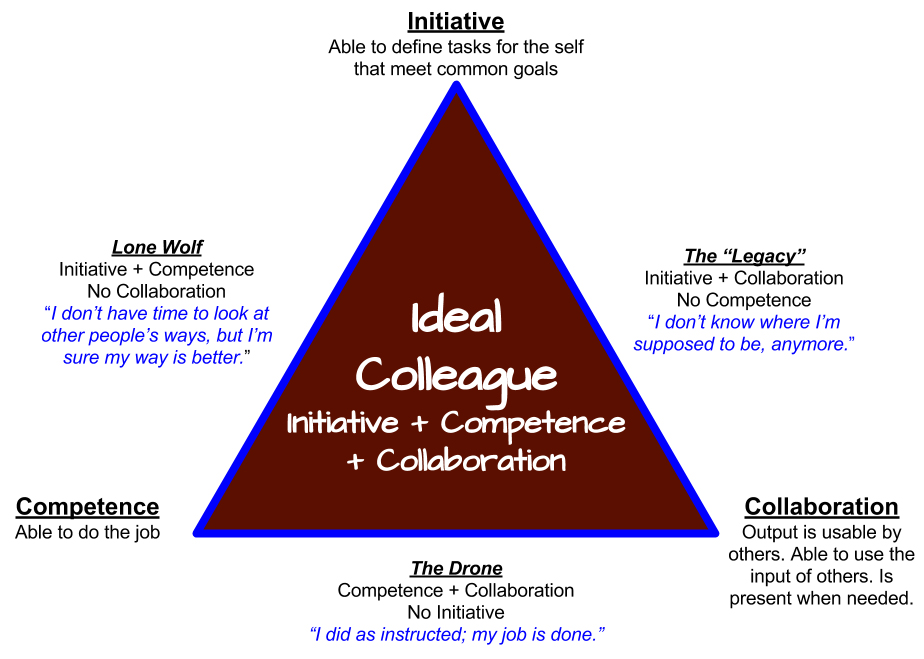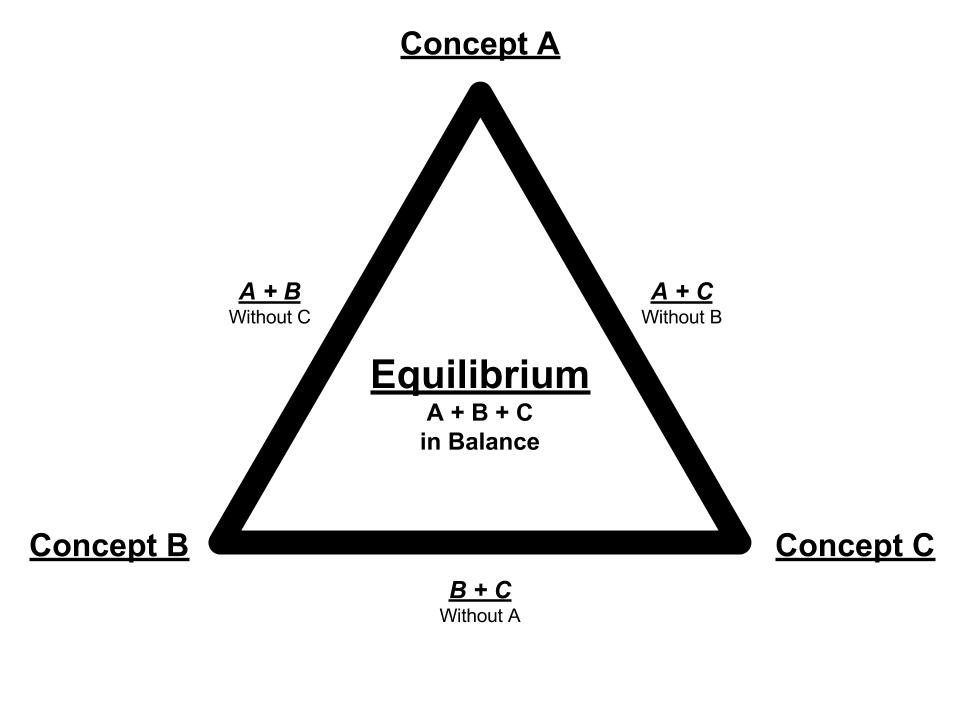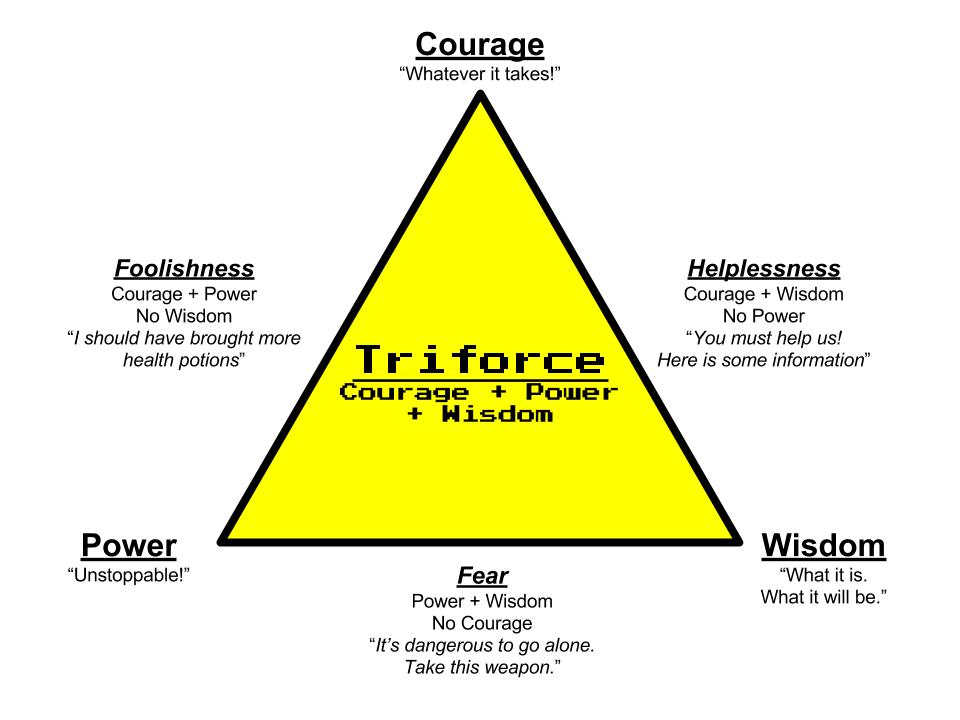"In each of us there is another whom we do not know."
- Carl Gustav Jung
Approaching 39, and only now am I beginning to understand the gravity of Structure over Form.
Form is when you are the fastest runner on the field, the smartest student in the classroom, the strongest fighter in the ring, or the most attractive person at the party. Form is what you are at the time of observation. Your form is beautiful, ugly, wise, foolish, powerful,sympathetic, immoral, righteous, regretful, and indignant.
Structure is the architecture that forms reside within. It is the city you live in, the friendships you maintain, the family you build, and the career you bet on.
Your identity is a combination of form and structure. It is the story you tell yourself throughout the course of your life: a success story, victimization, sacrifice, triumph, anticipation mixed with uncertainty. In the beginning, you tend to modify only your form, but eventually, you hit the limitations of that form and take measures to modify boundaries of the structures around you.
That conversion from form-focused to structure-focused is the conversion from user to architect, and it requires the ability to let go of a current form... as if you were letting your current self die in favor of living another person's life.
This.
Is.
Difficult.
Cognitive Dissonance is not your friend
Your mind believes that it knows who you are right now, and it will do its best to maintain that form's persistence by accusing other forms of being an imposter. The architect will need to embrace the concept of disposable forms as if they were inconsequential to the structure that survives those forms. In essence, the architect needs to adopt the form of an architect and not a user.
You believe that you are who you are because your brain is hardwired to reinforce whatever patterns of reality you can perceive as knowledge. Knowledge is comfort, and we choose to be comfortable.
A change in structure takes away the security that comes with knowledge.
Consider for a moment that this form you are currently occupying is merely a temporary assignment of values to an address in memory space, and the programs you interface with every day are structures that existed long before your form entered and will exist long after your form exits.
There is no "you". That perceived manifestation of "you" is merely an output of systems within a feedback loop. Your form's internal nature is eclipsed by the influence of your structure's external nurture. After a certain age, that nurture becomes self perpetuating - your sense of self will stop coming from others and will start coming from the perceived narrative carved only by your actions.
Narrative Architecture
Structures, alone, have no soul. They have no value unless a form resides within that structure to provide meaning. Good stories tend to be about people, not places or the rules within those places, but the environment within which a story takes place will often drive the ending of a person's story.
When things get really bad for your current form, then...
- Stop time
- Exit your current form
- Examine the structure that your form currently resides in
When you think about what you want to be or whether you are making the best choice, consider the story of a person in your situation who is not you, but has similar friends and a similar set of personal obligations. What parts of the setting need to change in order to make that protagonist happy?
Who are the supporting characters of that protagonist's story? Companion? Boss? Collaborator? Their stories offer a structure for the protagonist to play a role in. Is the theme of that character's story one that your protagonist is willing to participate in? Examine their actions within the system, their handling of the boundaries at the edges of that system will affect the structure that your protagonist will have to work with.
And most importantly, how does that protagonist's story end? What plot elements need to be in place in order to get to that ending?
Jumping Between Universes
The first jump is always the hardest. In addition to losing who you are at the time, you also lose that sense of trust in the stability of things, which was never truly there, to begin with. Our self-reinforcing identity is deeply constrained by the time and place in which we live as well as the people that we allow to fill our mindspace. By remaining fluid and detaching from the concept of any particular container, we become less vulnerable to cognitive dissonance and open up the prospect of being replaced by better versions of ourselves more suited to participating in happier narratives.














